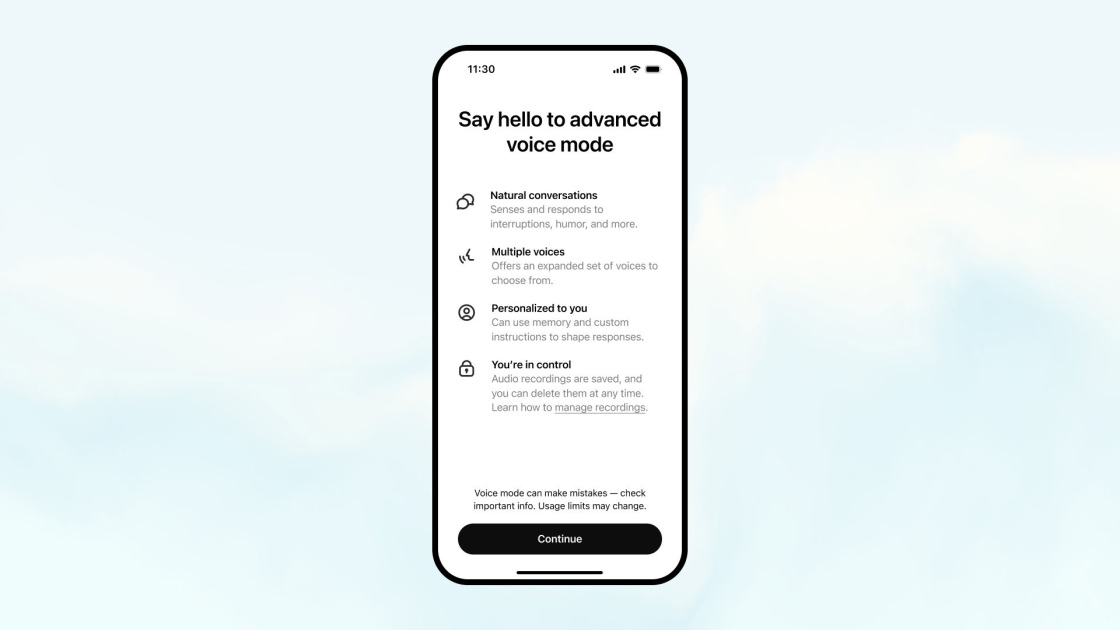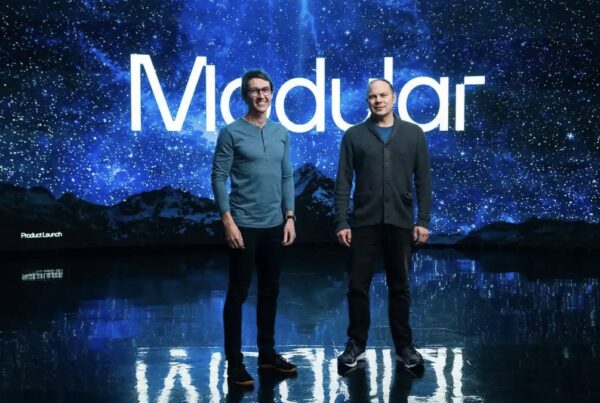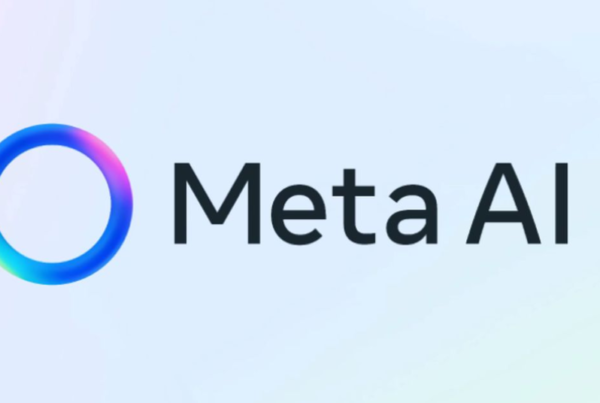OpenAI has confirmed that Standard Voice Mode will remain available after receiving strong feedback from users who consider the feature essential. The company initially announced plans to retire the service within 30 days, but that timeline has now been delayed. The decision allows a smoother transition toward Advanced Voice Mode.
The announcement was made by Nick Turley, an OpenAI representative, through X. He explained that all users now have access to Advanced Voice Mode. Usage limits that were once capped at a few minutes per day have been expanded to hours for free users, and nearly unlimited for Plus subscribers. This policy underscores OpenAI’s commitment to expanding the voice experience within ChatGPT.
Background of the Announcement
Last month, OpenAI introduced a major update to its voice features in ChatGPT. Standard Voice Mode, a well-known feature for many, was scheduled for retirement. In its place, Advanced Voice Mode was launched with expanded capabilities, including more natural interactive conversations, screen sharing support, and video integration on mobile devices for paid subscribers. The feature also offers a wider variety of voices with enhanced realism.
However, the plan to remove Standard Voice Mode triggered strong reactions from users. Many argued that the standard voices carried a unique character that felt personal and irreplaceable. This criticism led OpenAI to reconsider its strategy and keep Standard Voice active for the time being.
User Reactions and OpenAI’s Challenge
User responses spread widely across social media. One notable comment came from the account More Crypto Online, which argued that Advanced Voice was useless and urged OpenAI to keep Standard Voice. Such remarks reflect the concerns of long-time users who are attached to the familiar experience.
OpenAI responded by affirming that community voices had been heard. Standard Voice will remain available until Advanced Voice can fully meet expectations. This approach shows how OpenAI aims to balance technological innovation with user satisfaction.
Beyond preferences for sound, trust and comfort also play a role. Many users believe that a sudden transition would diminish ChatGPT’s value, particularly for those who rely heavily on voice features in their daily lives.
Implications and Future Direction
The decision to delay Standard Voice’s retirement gives OpenAI more time to make improvements. Advanced Voice will continue to be refined based on user feedback, focusing on voice quality, response speed, and stability during longer conversations. The company emphasized that continuous upgrades remain a top priority.
For users, the announcement brings both relief and anticipation. They can keep using the familiar standard voices while waiting for a more polished Advanced Voice experience. At the same time, OpenAI’s move signals its willingness to respond flexibly to community concerns.
Looking ahead, OpenAI is expected to focus more on perfecting multimodal interaction. Integrating voice, video, and images into a single platform will be ChatGPT’s competitive strength against other AI technologies. With a global user base that continues to grow, maintaining customer satisfaction while delivering innovation will be a critical challenge.
The delayed retirement of Standard Voice Mode highlights OpenAI’s commitment to placing user interests first. The company now faces the important task of ensuring that Advanced Voice can truly replace the old experience without losing the character many have grown to love. For further insights into developments in artificial intelligence, readers are encouraged to continue with related technology articles on Olam News.




